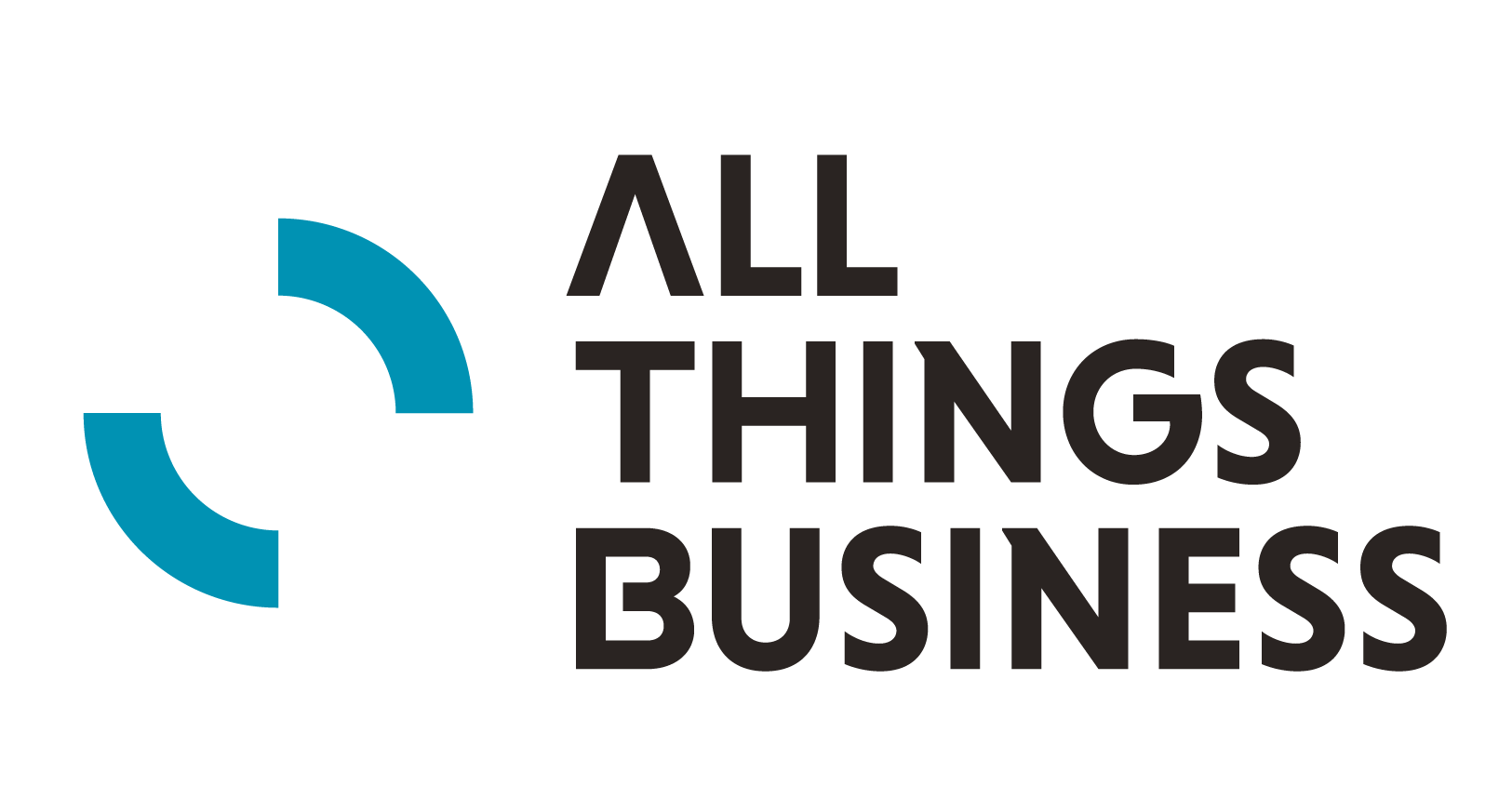Decarbonising non-residential buildings stock worldwide will play an important part in meeting 2030 and 2050 climate targets. Comprehensive retrofits of commercial buildings can reduce their energy use by up to 40%, but this is currently not happening anywhere near the scale needed to meet climate goals, according to a report released by the American Council for an Energy-Efficient Economy (ACEEE).
Even greater official pressure is widely seen as the key to accelerating progress. Mandatory standards for energy efficiency in buildings already exist in Europe, the UK, and China, with strong enforcement regimes and non-compliance penalties. For instance, minimum building energy performance standards in the UK mean that it is now unlawful to let (lease) properties in England and Wales that do not meet an ‘E’ level of energy performance.
Additionally, in April 2024 the European Commission formally adopted a directive mandating members to cut building emissions and energy use. For non-residential buildings, member states must renovate 16% of their worst-performing buildings by 2030 and the 26% worst-performing buildings by 2033.
Apart from such legal obligations, initiatives to reduce carbon emissions through lower energy consumption are commercially compelling on two fronts.
Ethical and commercial benefits of decarbonisation
Firstly, companies are increasingly issuing green bonds to raise capital, making it necessary to implement carbon footprint reduction initiatives. Alongside this, businesses and consumers are increasingly looking to buy from more environmentally friendly companies making green credentials a key competitive advantage in global markets.
Secondly, in a world that has recently experienced a major fuel crisis, reductions in energy usage save money. Reducing energy consumption, through enabling digital technology, has therefore become a major driver of investment in ‘smart’ commercial buildings, ‘smart’ hospitals, ‘smart’ campuses and ‘smart’ public buildings.
Many elements of the smart building are also the foundation for reduced energy consumption. The main contributors to energy use reduction and decarbonisation focus on energy-efficient insulation and door controls, smart HVAC (heating, ventilation and air-conditioning controls), and sensor-driven LED lighting. Smart buildings controls that activate usage only when needed also clearly play a crucial part.
Flexible finance as an enabler
A lack of free capital or risk concerns about energy investments can mean a substantial number of buildings owners missing out on the deliverable operational cost reductions, carbon emission reductions and supply security that can be gained from retrofitting. However, flexible financing arrangements can secure these operational cost reductions without putting pressure on capital resources, avoid putting capital at risk, and ensure expected savings are realised. Such financing tends to come from specialist financiers, such as Siemens Financial Services (SFS), who have a deep understanding of the technology and its practical applications.
Specialist financing arrangements
Public sector initiatives need to be matched by private sector support, in particular private sector finance. Financing for ‘smart’ buildings can take a variety of forms, depending on the business processes that need to be enabled. At the technology component level, financing tools are available to help vendors and distributors add value with cash flow capabilities for their buyers. For larger installations or systems, specialist financing arrangements can be flexed and tailored to align costs with the rate of benefit gained from the energy-efficient technology.
At the most complex level, as-a-service financing arrangements provide the solution, with future expected savings from energy efficiency being harnessed and used to pay for the capital investment and more. Often, these arrangements can be made budget-neutral for the building owner, avoiding the need for any capital spending at all.
A high priority for decarbonisation
Around 40% of global greenhouse gas emissions come from buildings and, if left unchecked, they’re set to double by 2050. Commercial and public buildings are more energy intensive per square metre than residential property, making energy-efficiency initiatives for non-residential buildings a high priority for meeting decarbonisation targets. In challenging economic times, flexible, specialist financing techniques (such as EaaS) are important enablers to help the investment in energy-efficiency maintain its required momentum.
Siemens is uniquely able to offer building owners and businesses an integrated value proposition: technology financing solutions, including energy-efficiency-as-a-service, as well as technology expertise and the technology itself.
On July 17 and 18 Siemens Transform 2024 will be held at Manchester Central. Transform 2024 is a free two-day conference and exhibition focusing on the challenges organisations are facing in the UK & Ireland and how they can accelerate digital and sustainable transformation.
Find out about Siemens Transform 2024: www.siemens.com/uk/en/company/transform.html
For more information about accelerating your investment in energy efficiency without the need to find large amounts of capital, visit: www.siemens.com/infrastructure-finance

